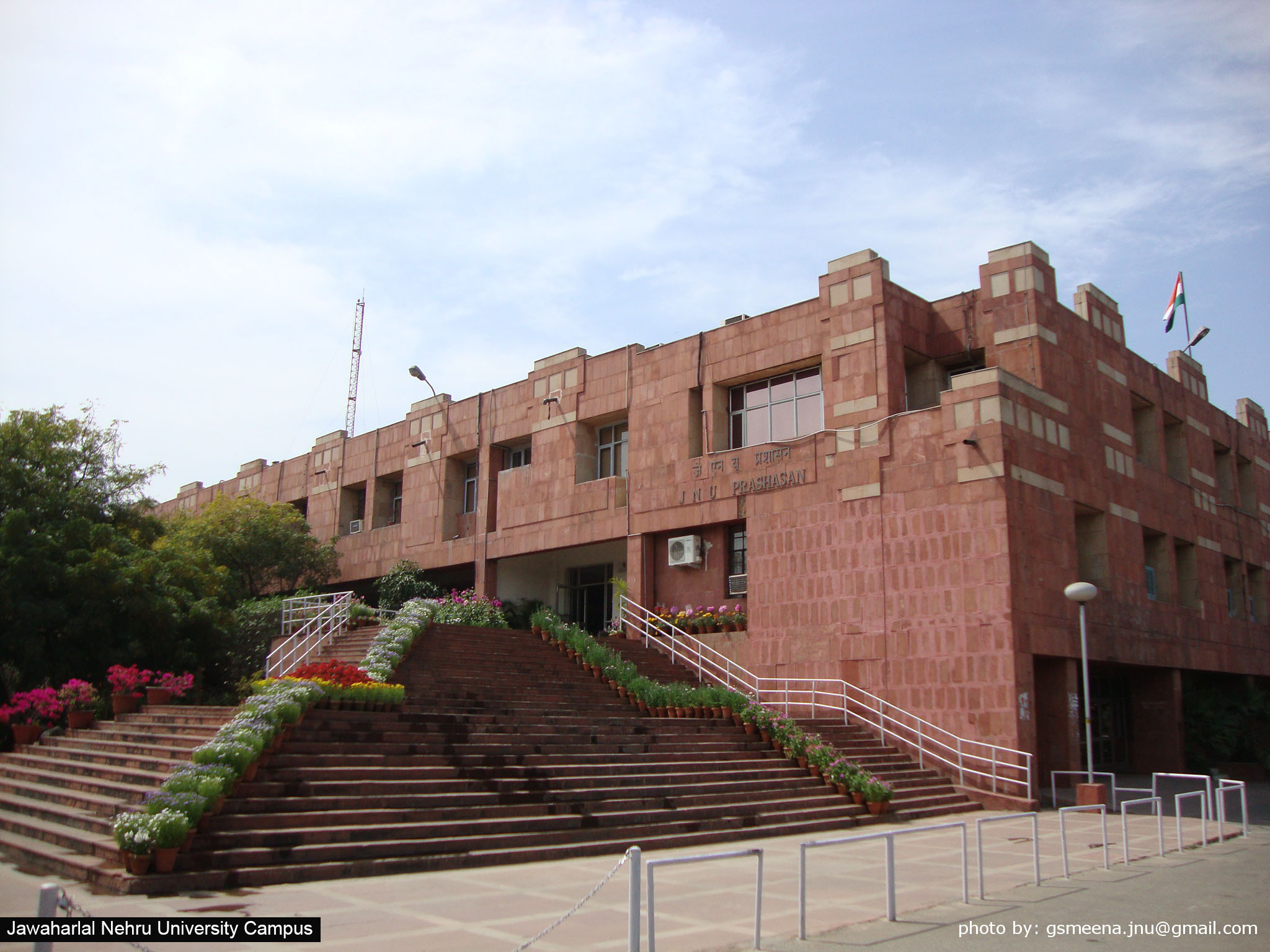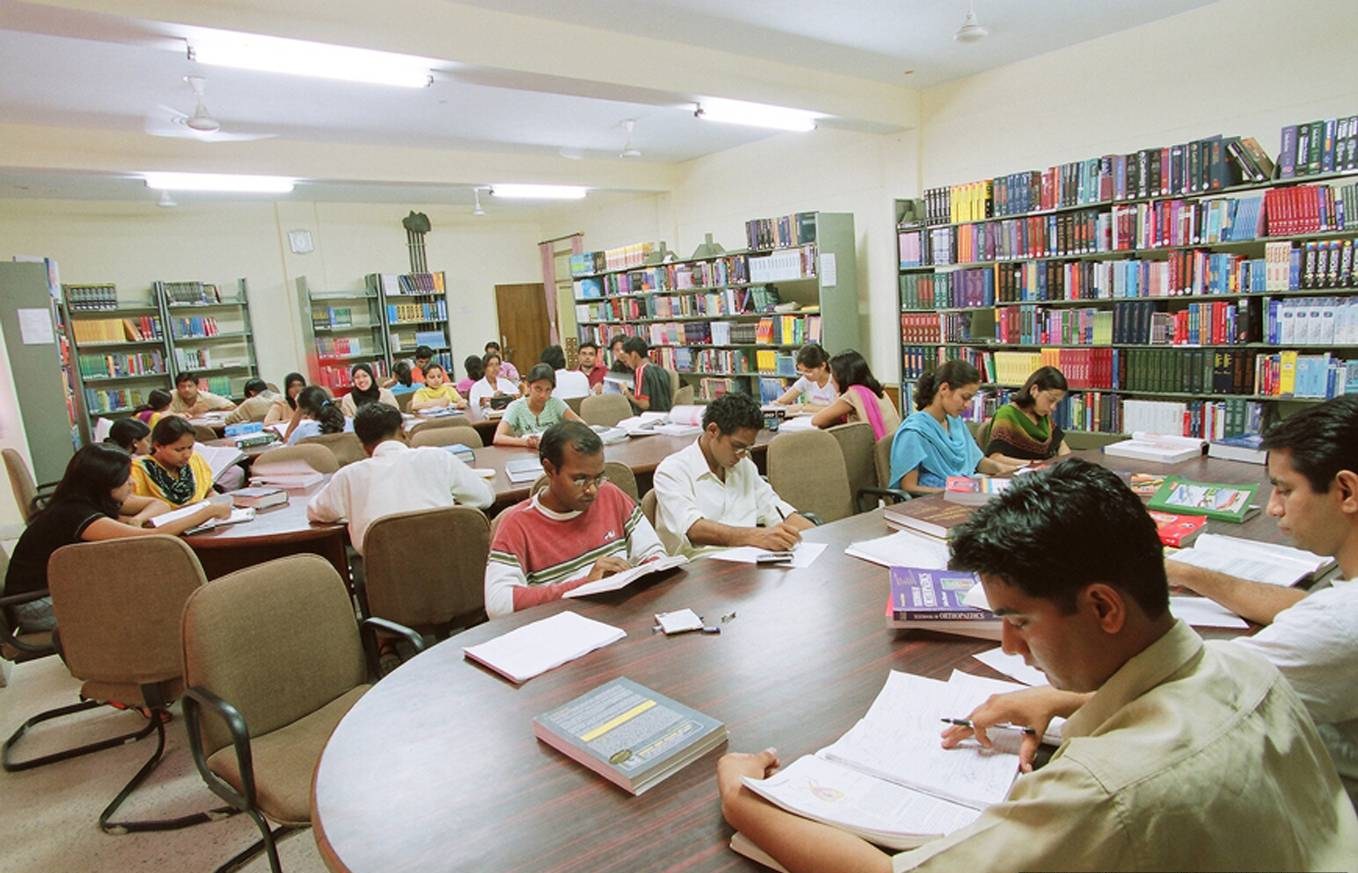March 06, 2022
UGC: Plans for Multidisciplinary Higher Education

T The University Grants Commission (UGC) has put together the ‘Draft Guidelines for Transforming Higher Education Institutions (HEIs) into Multidisciplinary Institutions’ to, as the name suggests, encourage growth of Multidisciplinary Higher Education Institutions.
The draft is in accordance with the National Education Policy-2020 which aims at having at least one multidisciplinary higher education institute in or near every district in India by the year 2030.
...if a student pursuing BTech in IIT wants to study history in his Master’s in JNU, they should be able to do so without going through a separate admission process...
As the draft gets approved as official policy, there will be various ways for higher education institutions to take up multidisciplinary roles. Most interesting one is the possibility of dual-degree. “For example, JNU and IIT Delhi have separate sets of intrinsic strengths. If a student pursuing BTech in IIT wants to study history in his Master’s in JNU, they should be able to do so without going through a separate admission process. For that, the two institutions need to collaborate. Hypothetically speaking, the eligibility criteria can be based on CGPA,” explained UGC Chairman M. Jagadesh Kumar.

When approved, the policy will bring a lot of benefits to the students as well as the institutions:
a) Colleges affiliated to universities can offer multidisciplinary education, and become degree-awarding autonomous colleges.
b) Colleges and universities can collaborate to offer dual degrees.
c) Once admitted, students, if they wish to, will be able to get their second degree from the partnering institution without the hassle of going through the admission procedure all over again.
d) Colleges will be able to form “clusters” to work towards institutional shortcomings that may prevent them from offering multidisciplinary education.
e) Colleges with lesser enrollment and weaker facilities will be able to reap benefits from this policy, improve their status, and offer multidisciplinary programmes.
Next in the process is to identify potential colleges and universities that can form a partnership, collaborate and become fully-functional multidisciplinary institutions.
Posted in News and tagged News, India, University Grants Commission, UGC, National Education Policy, Higher Education
Bookmark the Permalink
